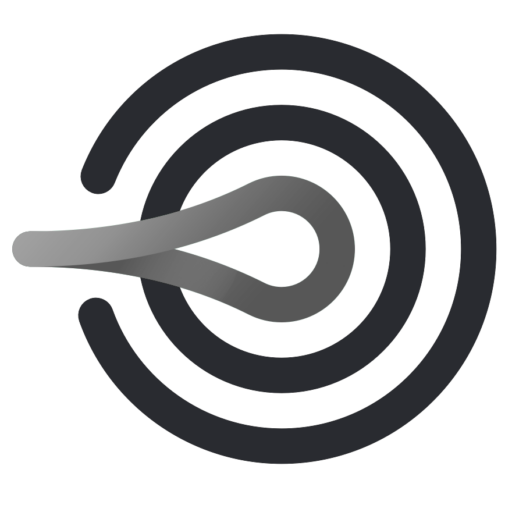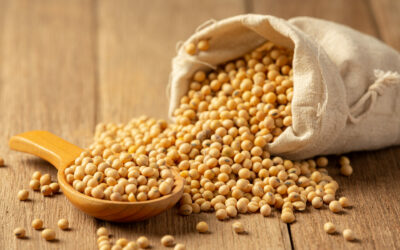Zinc is an essential mineral that has been shown to have positive impacts on various aspects of health, including metabolism, immune function, and wound healing. During fasting, adequate zinc intake is crucial in supporting the body’s metabolic and immune responses to the changes in nutrient intake.
Studies have shown that zinc supplementation can help to reduce oxidative stress and inflammation in the body, which are often exacerbated during fasting periods. This can help to protect the body against cellular damage and reduce the risk of chronic diseases, such as cardiovascular disease and cancer.
Zinc has also been shown to play a key role in regulating the function of various enzymes and hormones involved in metabolism, particularly insulin sensitivity and glucose metabolism. During fasting, adequate zinc levels are needed to support the body’s ability to effectively regulate insulin and glucose levels, and to maintain optimal metabolism.
Additionally, zinc has been shown to have positive impacts on the gut microbiome, which is often disrupted during fasting periods. Adequate zinc intake has been shown to support the growth of beneficial gut bacteria and to reduce the growth of harmful bacteria, thereby supporting gut health and overall digestive function.
In conclusion, the positive impact of zinc on fasting is well-established, and adequate zinc intake is crucial in supporting the body’s metabolic, immune, and digestive responses to fasting periods. Some good food sources of zinc include oysters, beef, chicken, beans, nuts, and whole grains. It is recommended to speak with a healthcare professional before starting a zinc supplement regimen.
References:
- Prasad, A.S. (1998). Zinc in human health: An update. The American Journal of Clinical Nutrition, 68(2), pp.447S-463S.
- Choukèr, A. and Lanham-New, S.A. (2015). The role of zinc in nutrition and metabolism. Clinical Nutrition, 34(2), pp.226-235.
- Jousilahti, P., Vartiainen, E., Tuomilehto, J., Pekkanen, J. and Nissinen, A. (1999). Zinc and magnesium in relation to insulin metabolism. European Journal of Clinical Nutrition, 53(11), pp.826-831.
- Niki, E. (2005). Antioxidant activities of vitamins C and E in relation to their redox and radical scavenging abilities. Free Radical Biology and Medicine, 39(9), pp.1047-1056.




0 Comments